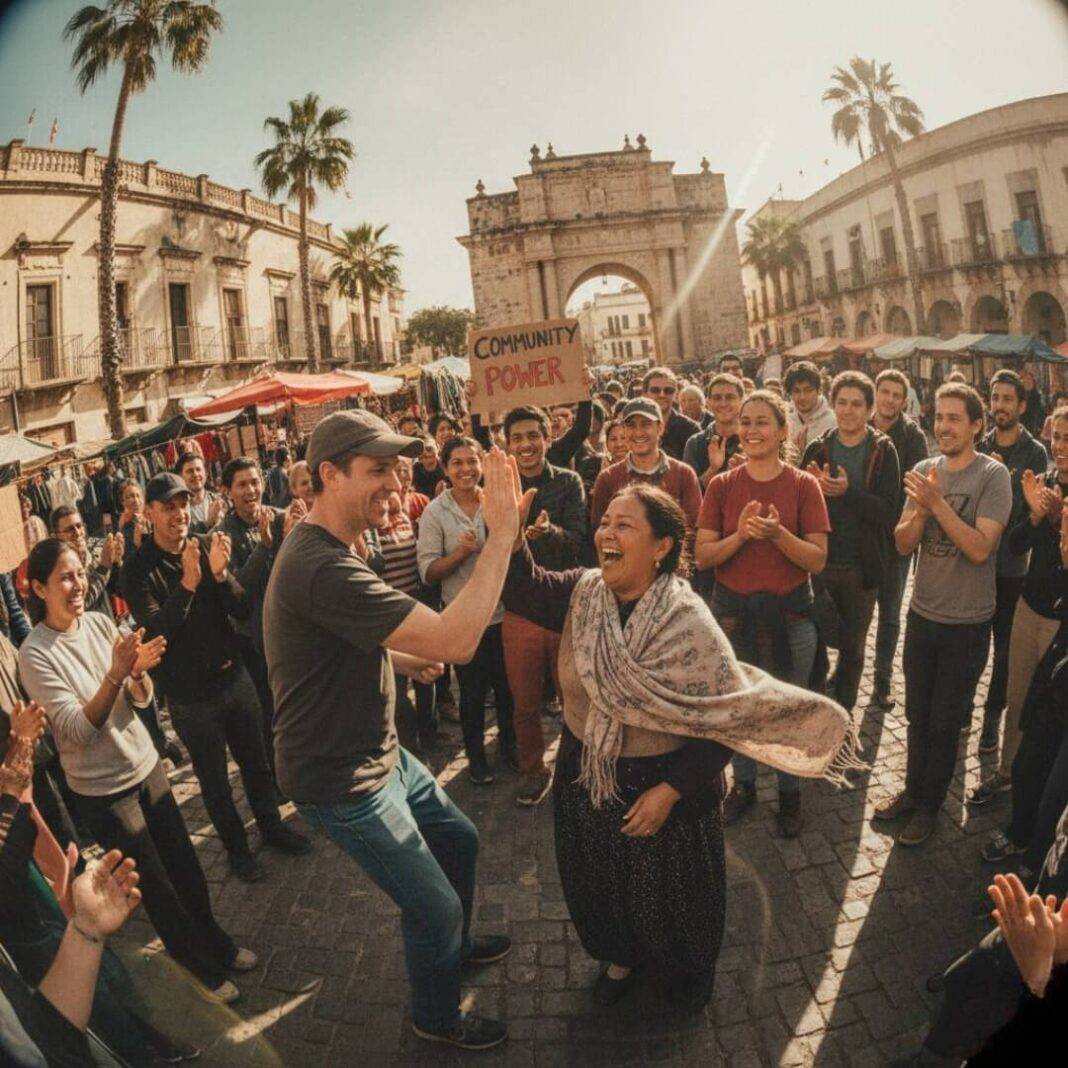Man, community-based tourism has totally flipped how I see travel, like, for real. I’m sitting in this grungy Brooklyn café right now, rain hammering the window like it’s got a personal vendetta, nursing a coffee that’s gone cold and tastes like burnt regret. I used to be all about those solo trips, chasing epic views for my feed, but then I stumbled into community-based tourism in the Midwest, and damn – it’s like travel grew a heart. Empowering locals, sharing their stories, and yeah, making an ass of myself? That’s the whole package, and I’m here for it.
What Community-Based Tourism Means to My Dumb Self
So, community-based tourism is when locals run the show, inviting clueless folks like me into their world – their food, their crafts, their daily grind – without some big company snatching the profits. It’s all about empowerment, keeping cash in the community, and not letting cookie-cutter tourism trash the real stuff. Last summer, I rolled into this Native American community in Arizona, my rental car kicking up dust, sun frying everything like a bad cookout.
They had this deal where you crash at family homes, learn their crafts, even pitch in with chores. My bed was lumpy as hell, the air smelled like sage and maybe a hint of my own nervous sweat, and I totally botched the fry bread – it was like chewing asphalt. But dude, it felt so real. Community-based tourism lets locals share their lives on their terms, and it hit me hard how my usual hotel stays were just… soulless.

And here’s the deal: it’s not just feel-good vibes. I read somewhere that community-based tourism keeps like 80-90% of the money in the area, unlike those fancy resorts sending profits to some offshore account. I found groups like Pachamama Alliance pushing Indigenous-led tourism that’s all about respecting the land and people. But let’s be real, it’s messy as hell. Like, I once overpaid for a beaded bracelet ‘cause I was drowning in my own privilege guilt, and the seller just laughed in my face. That’s community-based tourism – it’s empowering locals, sure, but it also shines a big ol’ spotlight on my awkward, overthinking ass.
My Biggest Screw-Ups in Community-Based Tourism (Cringe)
Look, I’m no guru. I’ve flubbed community-based tourism so many times it’s honestly embarrassing. Picture me in Vermont, thinking I’d be some hotshot farmer at this co-op. Instead, I trampled their heirloom tomatoes ‘cause I was too stubborn to follow directions. My sneakers were caked in mud, my face redder than the squashed veggies, but the locals? Total gems, turning my screw-up into a lesson about respect. That’s what community-based tourism does – it calls you out, makes you better.
Then there was this time in an Appalachian town where I got way too nosy, asking pushy questions about their “real” lives over dinner. They clammed up, and I was left staring at my salty-ass stew, feeling like the world’s biggest jerk. Empowering locals through community-based tourism means shutting up and letting them lead, you know? I learned that the hard way. If you wanna dodge my dumb mistakes, maybe try guided community-based tourism trips through folks like Intrepid Travel – they keep it legit without the solo disasters.

Tips from My Hot Mess of Community-Based Tourism Adventures
Alright, here’s some real talk from my many, many flubs in community-based tourism:
- Do your research, dude: Don’t just trust Google. Find legit community-led programs. In the US, check out Indigenous reservations or farm stays through groups like Tourism Cares. I once ended up in a fake “authentic” spot that felt super sketchy, so yeah, lesson learned.
- Check your ego: Leave it at home. Listen more than you yap – it’s how you empower locals in community-based tourisms. Shocker, I know.
- Spend local: Buy their crafts, eat their food. It hits your wallet, but it’s a game-changer for their community. Plus, it keeps the empowerment vibe sustainable.
- Go with the flow: Plans flop. That “cultural dance” might turn into a rainy game night, but that’s the magic of community-based tourism.
Oh, and expect the unexpected – like when I ended up fixing a leaky roof instead of sightseeing. It wasn’t Insta-worthy, but it bonded us more than any tour could. Community-based tourism is raw, messy, and totally worth the chaos.

Alright, I’m done rambling – my coffee’s basically sludge now, and this café smells like wet socks. Community-based tourism made me a less selfish traveler, gave me stories I’ll laugh about forever, and yeah, exposed my inner dork. Wanna try it? Find a local spot, dive in, screw up, and learn. Got a community-based tourisms tale? Drop it in the comments; I’m dying to hear it.



































